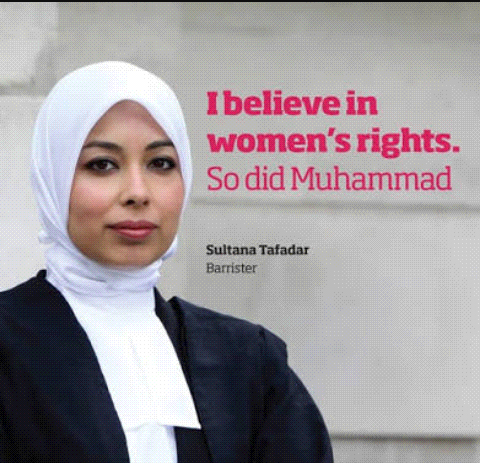The Black Muslim Experience: Capturing the Black Muslim
If you are a Black Muslim, your face has probably traveled overseas before you have even put your foot on an international flight. “How?”, you may ask? Let me break it down for you.
Remember that Muslim program at a Masjid or Islamic Centre that you went with the intention of seeking spiritual revival or even just to gain knowledge?
Or that time you went to the masjid for one of your daily prayers in your pursuit of spiritual elevation, you suddenly feel lightning disturb your concentration. It’s not lightning, mntase. It’s the process of you being captured.
It’s the process of state capture- freezing the moment to prove that your black Muslim poverty exists.
It’s a picture of you being taken without your consent. A picture that is taken without our social standing being asked. The capturer is not even sure you qualify for zakah or not. And even if you do qualify for zakah, do you not have the right to agree to it being taken or not? Your picture is captured on assumption. Most of all, without your consent.
A picture that you will probably never see.
A picture that will be in a suitcase of a person who is going overseas. A picture that will be part of PowerPoint presentations that you know nothing of. A picture that is used on websites to advertise “your” poverty.
You become an international brand of poverty. You are on billboards of countries you have never been to.
A picture that is taken when you are in the middle of Salah, in conversation with your creator. But that doesn’t matter because you are not fully Muslim(they think). It doesn’t matter because a black person in salaah is the perfect pose to raise more money. It’s more believable when they are in qiyam or ruku. Sajdah, won’t do well, it completely covers your face. Another snap of you eating what everyone else is eating. Unwittingly, your picture is a mine of wealth.
Your face is plastered all over in an Asian country, probably the in the Middle East, used as a fund-raising token.
Do you ever see the money? Probably never. Maybe in grocery hampers,grocery hampers that are not sustainable in your community. The least effective form of empowerment.
But as you seek empowerment, as your thirst to know more about your Lord and His religion, as you find comfort and seek solace in Allah, and you are in the perfect position of lifting your hands and begging your Lord for forgiveness makes the perfect picture of a bidded begger.
You stand there, praying to your Lord, while they fulfill the pursuit of capturing the Black Muslim, one click at a time.
So this Ramadan, watch the cameras, give or not give consent. But make sure that your face is not unduly stilled
And if you are on the side of the camera, think about the human right violation you are partaking in.








